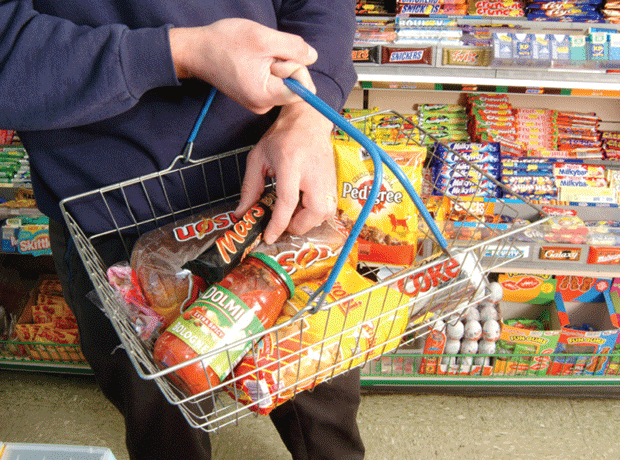With the tobacco display ban in place in small stores for nearly six months, now is a great time to consider what impact it has actually had on shoppers and the trade, writes HIM's Katie Littler.
On the eve of the ban, one in two convenience retailers told us they were opposed to it. Time has passed and retailers have had varying experiences dealing with the implications, but has the ban really made a difference to UK convenience in shoppers’ eyes?
From a shoppers’ perspective there are mixed reviews. Most don’t think their overall smoking habits have changed since the ban (or not yet) - 63% of convenience shoppers who smoke say that their tobacco purchasing habits have not changed at all since the ban, compared with 25% who say they definitely have.
A real focus area is the impact the ban seems to have had on shoppers’ views on price, service levels and availability - whether this is perception or reality. Shoppers had concerns over potential price increases pre-ban - one in two convenience shoppers who smoke expected tobacco prices to increase more frequently after the ban. This perception continued after the ban - more than one in two shoppers who smoke believe that tobacco prices have increased in c-stores.
Most convenience retailers (79%), however, say that tobacco prices have mainly remained the same. But, again, perception is reality and a significant proportion of smokers are price-driven.
Pre-ban, shoppers also had concerns over queue times in-store, and one in two do think that speed of service in general has slowed post-ban. One in three shoppers who smoke believe it is now harder to find out which tobacco products are sold in-store since the ban was implemented, and they point out that it’s harder to find prices of tobacco in store.
While most shoppers believe their tobacco purchasing habits have not changed at all, in order to help maintain customer loyalty the focus must now be on ensuring outstanding availability and addressing concerns over pricing and service levels at all times.
As always, communication is key - if we can change the perception, we can often change the reality.






















1 Readers' comment